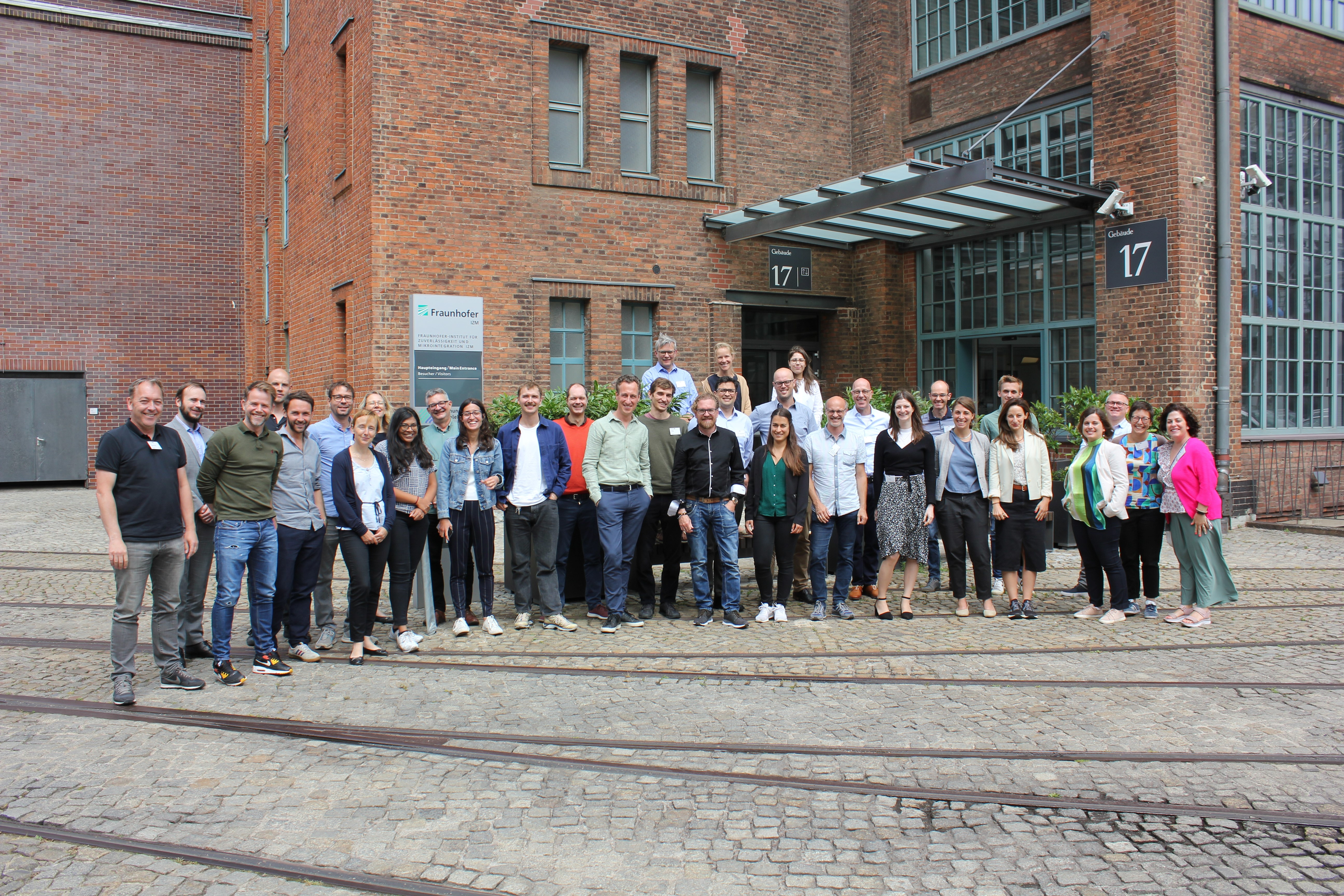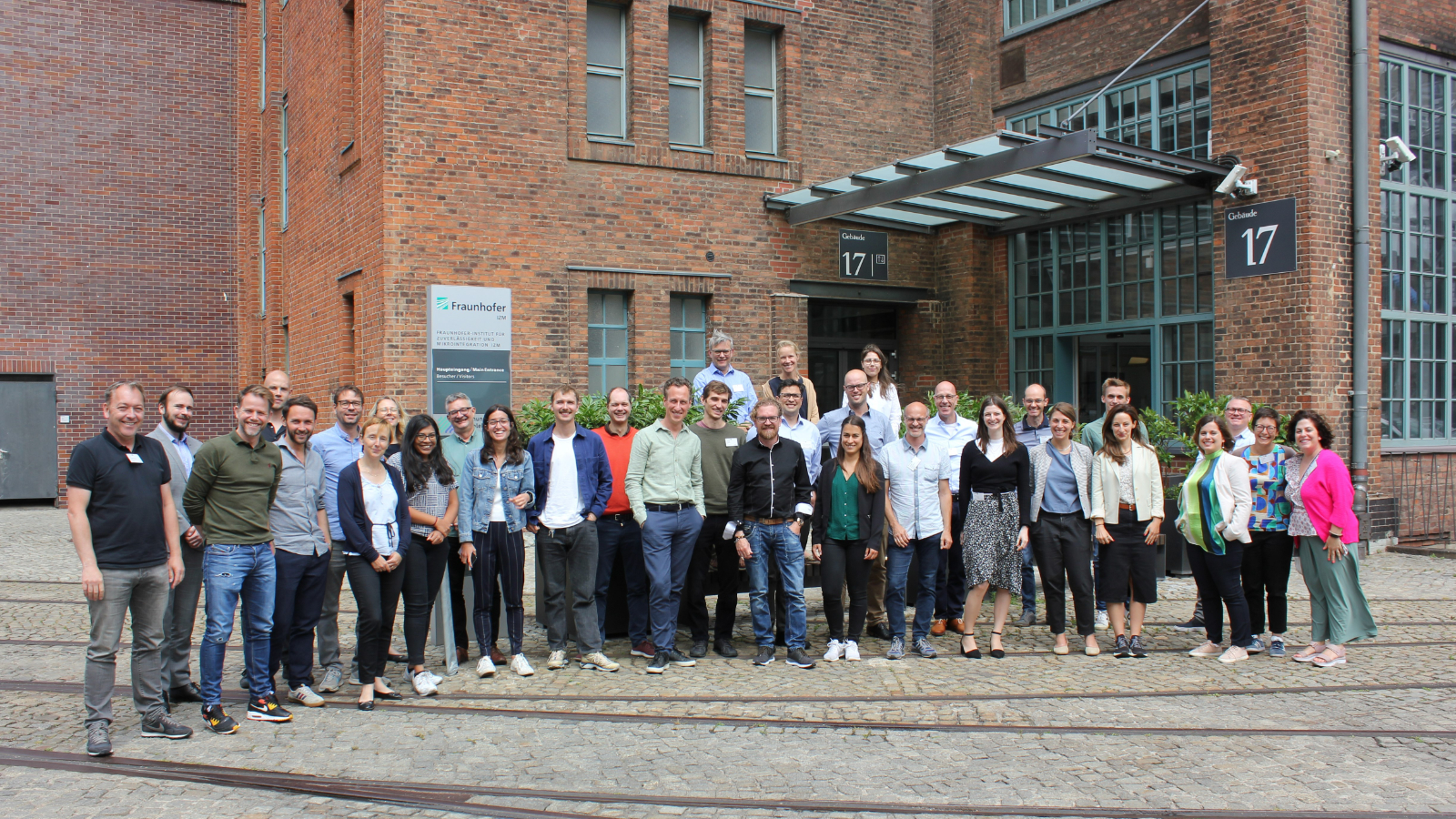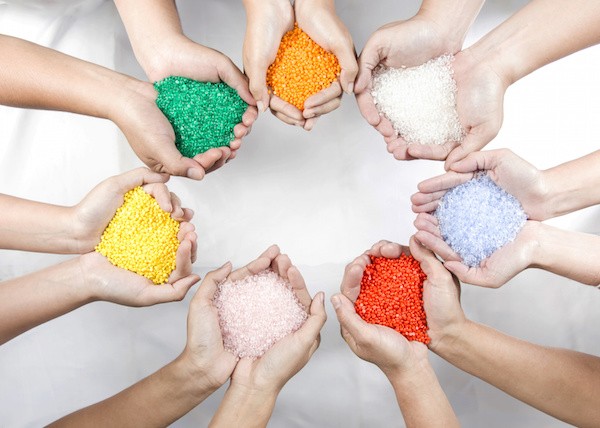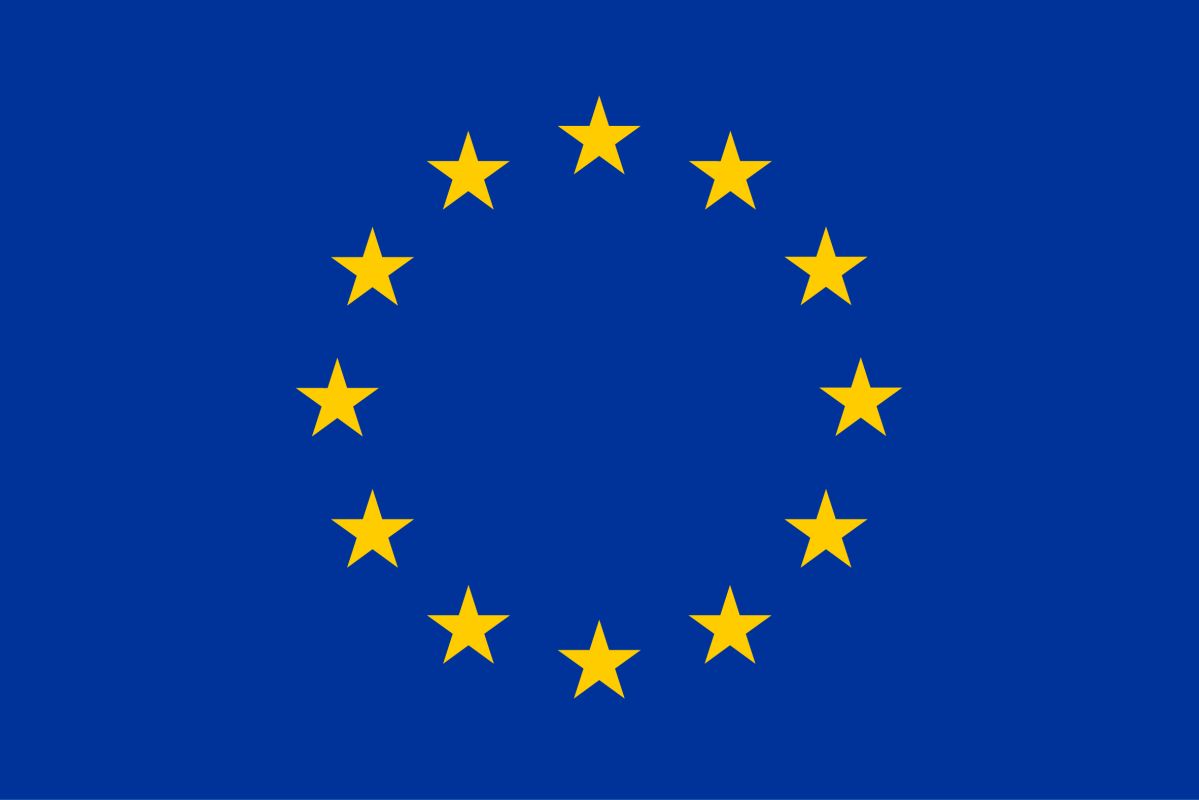Increased use of recycled plastics in electronic products
Increasing the share of recycled plastics in new products is a central aspect of the European Strategy for Plastics, adopted by the European Commission in 2018 as a part of the first Circular Economy Action Plan (2015). One of the main goals of the Strategy is to ensure that by 2025 10 million tonnes of recycled plastics find their way into new products on the EU market, against less than 4 million tonnes in 2016. However, in 2018 only 9.4 million tonnes of plastics went to recycling facilities as input material. For this reason, the collection rate has to improve significantly and more collected material needs to reach recycling facilities instead of being incinerated or landfilled. Additionally, it is crucial to boost demand for recycled plastic, especially in added-value applications such as electrical and electronic equipment (EEE). Currently, recycled plastics are mainly used in construction (46%), packaging (24%) and agriculture (13%) - only 2% of recyclates currently end up in EEE. This corresponds to around 80,000 tons of recycled plastics in new electrical and electronic devices, with a theoretical market potential of around 2,100,000 tons per year in the EU.
The INCREACE project was funded by the European Union's Horizon Europe research and innovation program to tackle the above-mentioned issues. The diverse and interdisciplinary consortium develops innovative solutions along the entire plastics recycling value chain embedded in a systemic framework. With the use of recycled plastics mainly from waste electrical and electronic equipment (WEEE), the INCREACE project addresses areas in which the application of recycled plastic materials is still marginal today: The project focuses on five use cases which cover complex aspects in the EEE sector such as food contact, medical applications, electrostatic discharge (ESD) and UL94 flammability standards and high-tech plastic components. To holistically address the technical, socio-economic and legal challenges, INCREACE brings together key players from different sectors such as researchers, recyclers, product designers, manufacturers, software developers, and Extended Producer Responsibility experts. Technologies and methods from the different disciplines are combined to demonstrate that targeted measures along the entire value chain are an effective solution for using more post-consumer plastics in EEE.
 Fraunhofer Institute for Reliability and Microintegration IZM
Fraunhofer Institute for Reliability and Microintegration IZM




